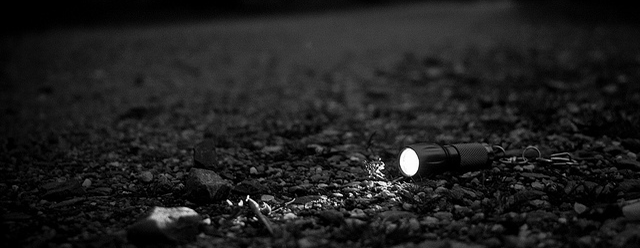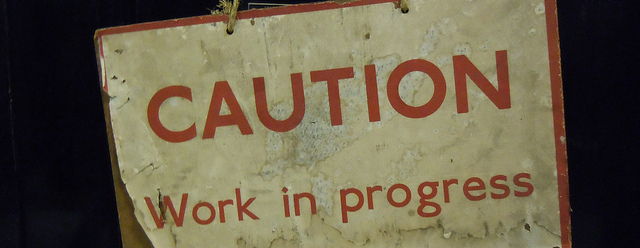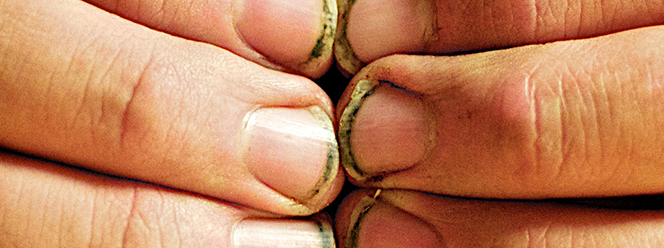
by Tara Joyce | Sep 30, 2014 | Cultural Creativity

We don’t really have a problem with peoples imperfections. We don’t really hate the dark aspects we each contain. It feels like we do, but our feelings can be misleading sometimes.
It’s easy to point out and judge another for the things that aren’t perfect about them. If you decide to take on this job, your list will easily become a mile long. We are not perfect, and you’re always going to be able to find evidence to back this truth up. No matter the person.
What you really have a problem with, when you find yourself angered by another and their imperfections become so glaringly obvious to you, is the lack of responsibility you feel that person has over them. Your pissed because they are not being aware of the dark things about themselves and their behaviour, and how it affects you. You feel they are not being responsible in their doing.
If I was to own my darkness and be up front and responsible for the ways in which I am imperfect and how they affect you, how would that change your anger towards me, and towards the imperfections I hold? In my experience, you no longer mind my imperfections so much, nor judge them so harshly, because I am aware of them and responsible to them. It wasn’t my darkness that was getting you, it was my lack of responsibility towards it.
If I own my stuff, if I am aware and shine a light on my darkness and admit my contributions, you may be left with some anger towards my actions, but in owning my part I’ve created the space for you to own yours and/or move on. In being responsible for my imperfections, I’m not in conflict with you over them. I am free to admit what I did and who I am.
When I own my darkness, does it not make it harder for you to hate and blame me for it?
photo credit: Sergio García Moratilla

by Tara Joyce | Sep 19, 2014 | Cultural Creativity, Innerpreneurship

Human beings are works in progress that mistakenly think they’re finished.” – Daniel Gilbert (@DanTGilbert)
You’ve got plenty of room to grow. We all do. No matter our position, we are each a work in progress. We are doing it badly until we are doing it well. The real point is that we are doing it at all.
Your feedback can help me to do it better though. To do so, your feedback does not need to be complimentary but it does need to be respectful and acknowledge that I am a work in progress. I am complete in my imperfection.
Human beings are creators and we need to acknowledge and respect the unique creative process each of us has. And our individual journey to (re)discover it. Like you, I am in the process of creating myself and becoming takes space. So let’s do ourselves a favour and remember that it’s hardly ever a finished product we’re providing feedback on, rather we’re perceiving something or someone still in the process of becoming.
photo credit: Kevan

by Tara Joyce | Jul 30, 2012 | Self/Business Growth

What if my imperfections were my road map for growth and becoming more perfectly, joyfully me?
What if embracing and supporting my imperfections could lead me to spaces I’ve never been before?
I am not perfect. And I desire to feel totally happy letting the external world know this truth. No matter the situation.
Inside, I am aware that I am imperfect, but I hold a hesitancy to accept this truth. I waste my valuable energy trying to resist this truth internally, and trying to portray otherwise to the external world.
I’ve been choosing to support the collective lie that perfection is a true ideal and I have allowed this choice to weigh on me. I diminish myself with this ‘perfect’ story, and diminish my world by continuing with a story I don’t truly believe in.
It’s no wonder I feel tortured and confused in my relationship with imperfection, dancing between ignoring her existence and engulfing myself in her.
But what if I chose to walk the line with my imperfection instead, and celebrated the perfection of my imperfections?
What if I gently embraced my imperfections, and had faith in my own ability to transform them into something beautiful?
What if I believed that in working with my less than perfect qualities I am better able to discover the perfection in me?
photo credit: bark






